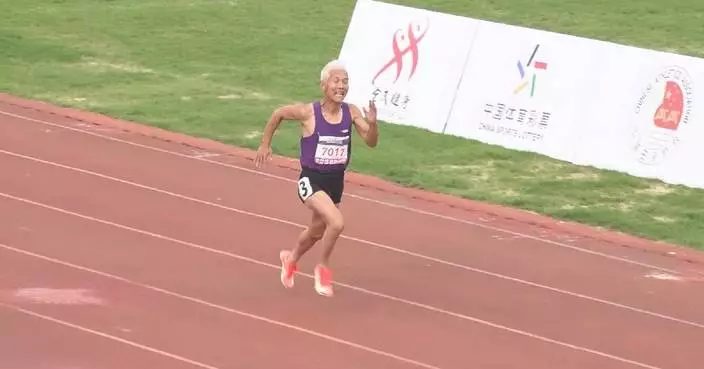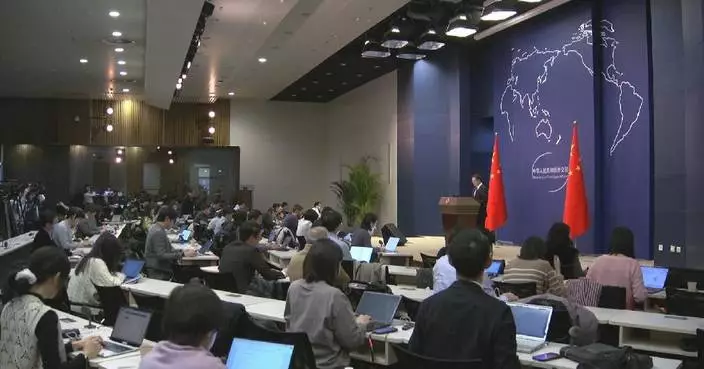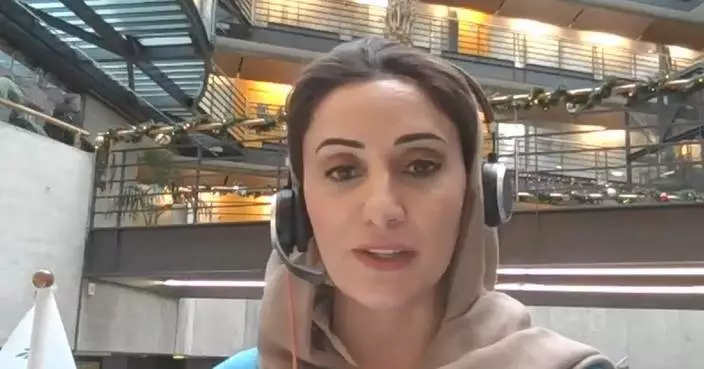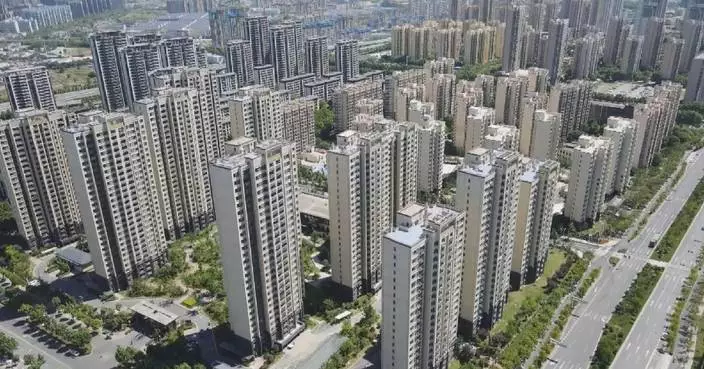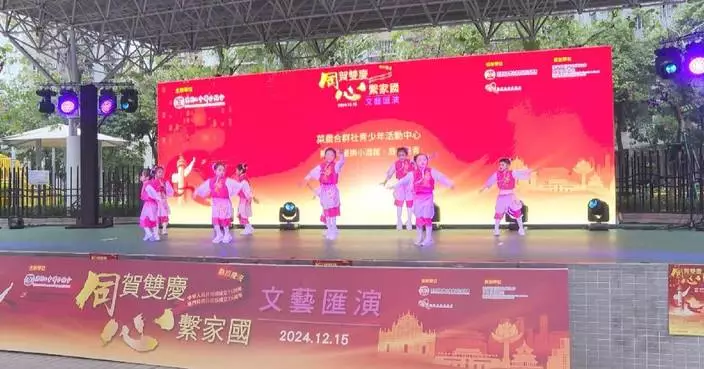The commodity housing prices saw an obviously narrowing decline in all tiers of cities across China in November, according to data released by the National Bureau of Statistics on Monday.
The data shows that in November, the sales prices of newly built commodity housing in China's first-tier cities remained flat, compared with a 0.2-percent monthly decline in the previous month. Among them, the prices in Shanghai and Shenzhen increased by 0.6 and 0.3 percent respectively, while Beijing and Guangzhou saw a decline of 0.5 and 0.3 percent, respectively.
The sales prices of previously-owned residential properties in first-tier cities rose 0.4 percent month on month, with that of Beijing, Shanghai and Shenzhen rising 0.9 percent, 0.4 percent and 0.5 percent, respectively.
In November, the sales prices of newly built commodity housing in second-tier cities fell by 0.1 percent month on month, narrowing from a 0.5-percent decrease in the previous month; the sales prices of pre-owned residential properties fell by 0.2 percent month on month.
The sales price of newly built commodity housing in third-tier cities fell by 0.3 percent month o -month, and that of pre-owned residential properties fell by 0.5 percent month on month.
Among the 70 large and medium-sized cities across China, 17 saw an monthly increase in the sales prices of newly built commodity housing, 10 more than in the previous month; 10 cities saw an increase in the prices of pre-owned housing, two more than in the previous month.
On a yearly basis, the sales price of newly built commodity housing in first-tier cities fell by 4.3 percent year on year, with the decline narrowing by 0.3 percentage points from the previous month. Among them, the prices of Beijing, Guangzhou and Shenzhen fell by 5.3 percent, 9.9 percent and 7.1 percent respectively, while that of Shanghai rose by 5 percent.
The sales price of pre-owned properties in first-tier cities fell by 8 percent year on year, with the decline narrowing by 1.6 percentage points. Among them, Beijing, Shanghai, Guangzhou and Shenzhen fell by 6.2 percent, 4.9 percent, 11.9 percent and 9 percent, respectively.
In November, the sales price of newly built commodity housing in second-tier cities fell by 5.8 percent year on year, and that of pre-owned properties saw a yearly decline of 8.4 percent.
The sales price of newly built commodity housing in third-tier cities fell by 6.5 percent year on year, and that of pre-owned properties fell by 8.8 percent.
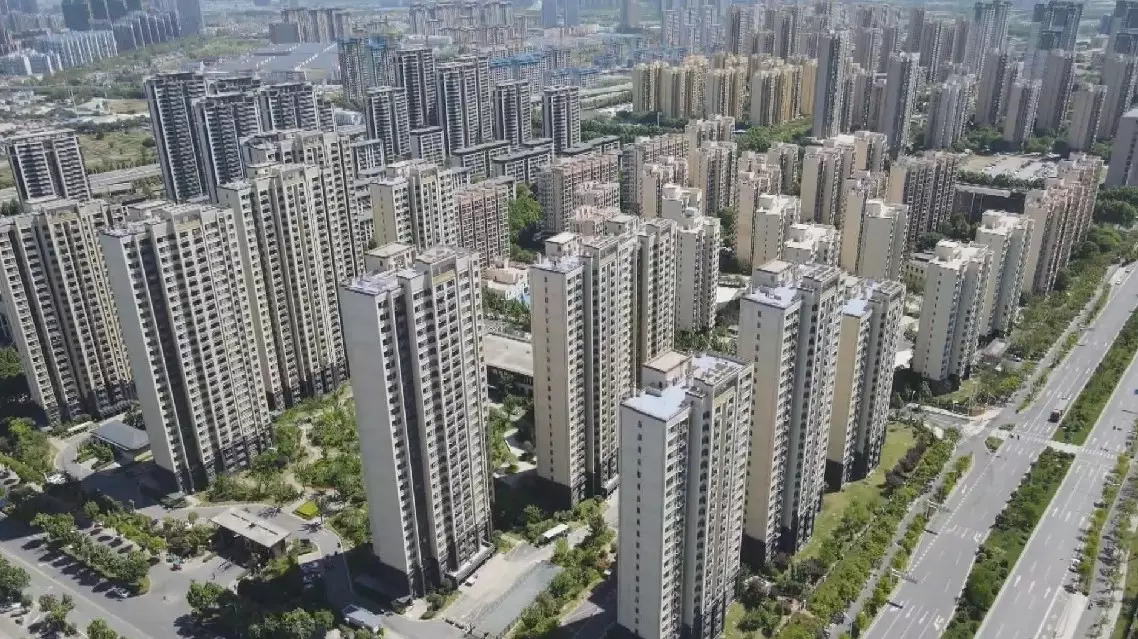
Decline in China's housing prices narrows in November
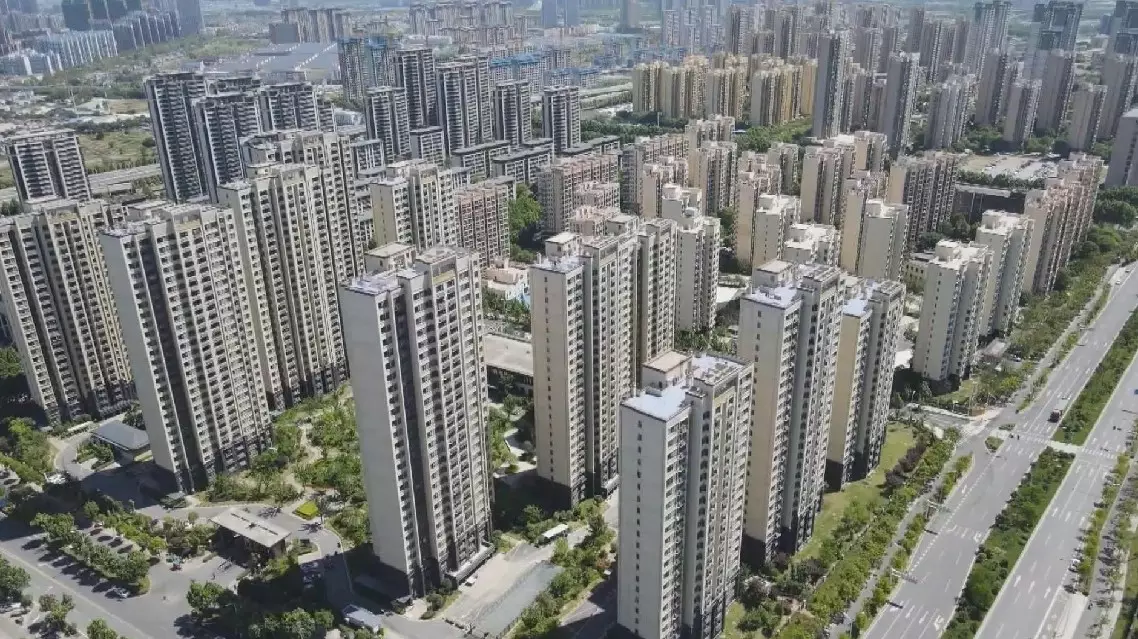
Decline in China's housing prices narrows in November
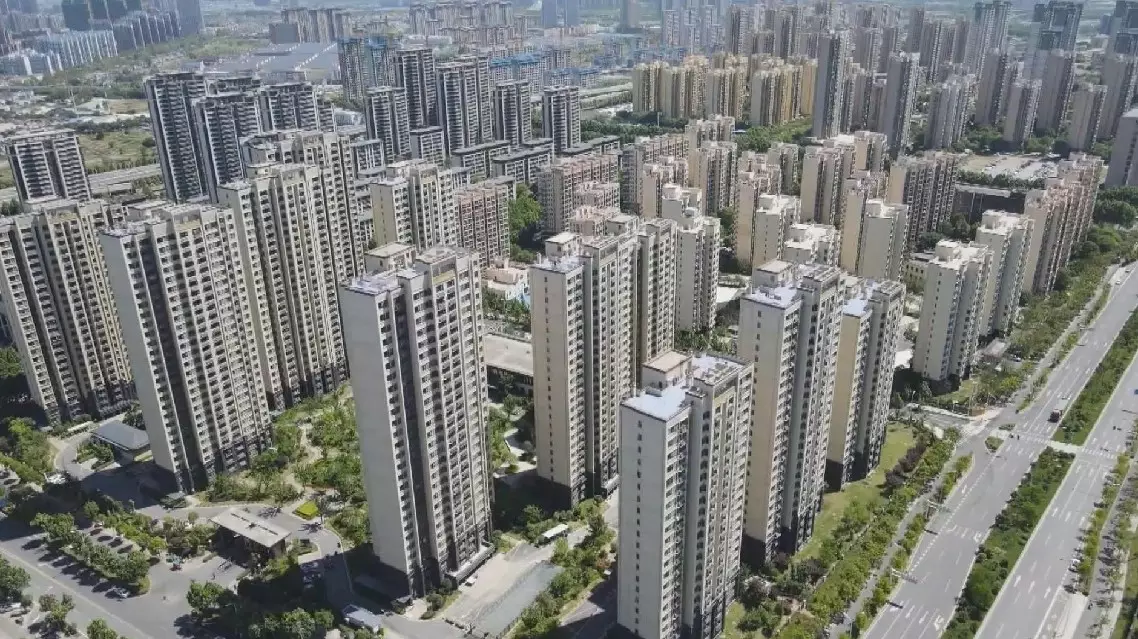
Decline in China's housing prices narrows in November
High-level support from the Chinese central government within the framework of "one country, two systems" principle secures the stability and development of the Macao Special Administrative Region (SAR), said Chief Executive Ho Iat Seng.
Ho made the statement in an interview with China Global Television Network (CGTN) on an occasion that Macao will celebrate the 25th anniversary of its return to the motherland on Dec 20.
Ho said support from the central government and connectivity with the mainland have helped Macao go through the most difficult time during the outbreak of the COVID-19 pandemic.
"I have been in office for five years now. Soon after taking office, the epidemic [COVID-19 pandemic] broke out. We acted quickly and established an effective prevention and control mechanism. We have strengthened cooperation with the mainland. We have withstood the most severe impact since the reunification [Macao's return to China in 1999], but thanks to the high-level support for 'one country, two systems', strong support from the central government, Macao has maintained stability and development," Ho said.
"In the first three years of administration during the pandemic, the work on the economy and people's livelihood could not stop. We used this time to vigorously promote infrastructure development and make up for some shortcomings. We strengthened connectivity with the mainland and other places to prepare for all customs circulation in Macao," said the chief executive.
Ho said that during his five-year administration, the SAR government has taken multiple measures to improve the people's livelihood and support the region's economic development.
"In addition, the government of Macao have maintained sound fiscal reserves, providing a strong guarantee for infrastructure construction and livelihood projects. During the epidemic, the Macao government did not reduce any welfare input for the people, but increased it. On housing, the SAR Government has made great efforts to provide economic housing and social housing to those in need. We have also introduced a policy of free healthcare and education. The SAR Government continues to implement the cash sharing scheme. If members of the public or enterprises have difficulties, the SAR Government will certainly provide support, especially for small and medium-sized enterprises," Ho said.
Sam Hou Fai was elected by an overwhelming majority as the sixth-term chief executive designate of Macao SAR in October. Ho said the past five years have laid a solid foundation for the new administration.
"After five years of hard work, despite a large amount of infrastructure and social welfare spending, the current SAR government still has a fiscal surplus of 50 billion to 60 billion Macao dollars (6.24 billion to 7.49 billion U.S. dollars) to be handed over to the next SAR Government, and there are no domestic and foreign debts, not a single cent of bonds have been issued, and no payments are owed to construction companies for infrastructure projects. Our government's financial resources are sound, which has also created vital conditions for the steady and long-term implementation of 'one country, two systems' in Macao," he said.
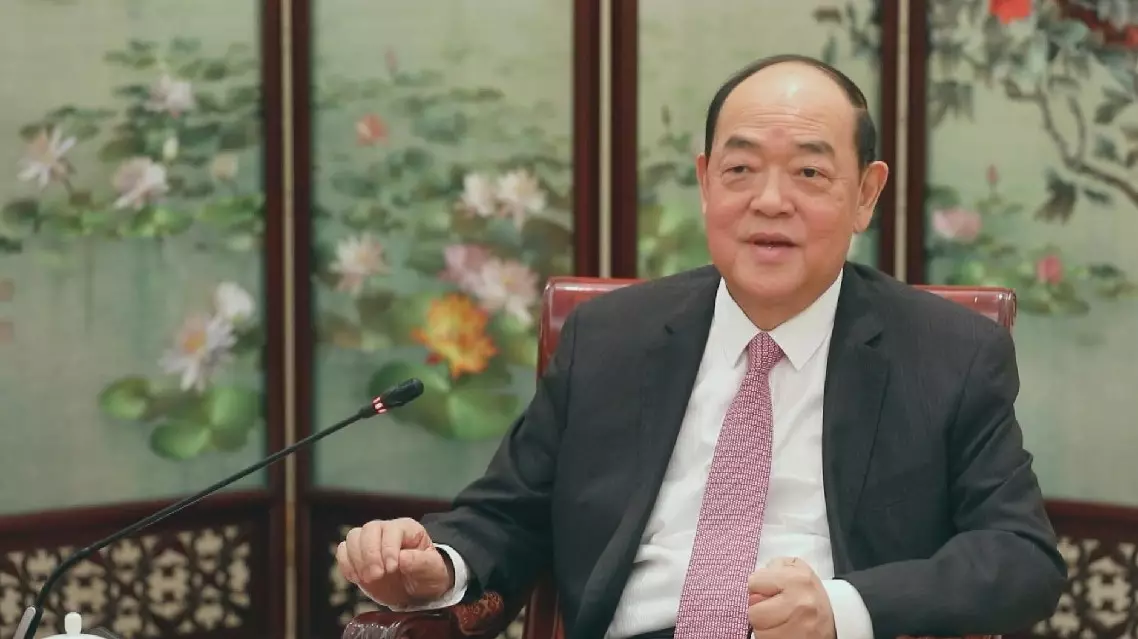
Central government's support secures stability, development of Macao SAR: chief executive







